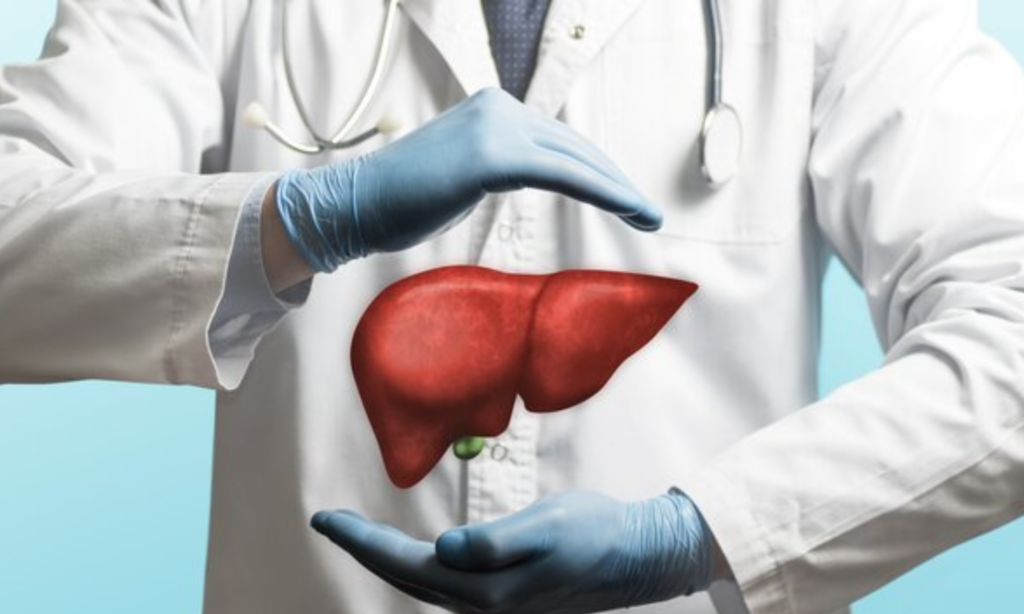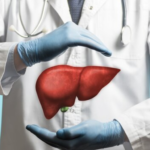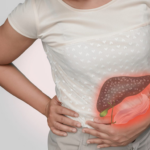
How Long Does It Take to Recover from a Liver Transplant?
A liver transplant is a life-saving procedure for patients with severe liver disease or liver failure. While the surgery itself is complex, the recovery process is equally important and requires patience, dedication, and expert medical care. Recovery time varies from person to person, but understanding the different phases of healing can help patients and their families prepare better. At Dr. Bhate’s Gastro Liver Clinic, Dr. Prasad Bhate, a renowned gastroenterologist and liver specialist in PCMC and Pune, provides expert guidance for patients undergoing liver transplant in PCMC, ensuring a smooth recovery and long-term liver health.
Phases of Liver Transplant Recovery
1. Immediate Post-Surgery Recovery (0-7 Days)
The initial recovery phase takes place in the hospital, where patients are closely monitored in the intensive care unit (ICU). Key aspects of this phase include:
- ICU Stay: Most patients spend around 2-3 days in the ICU to ensure there are no immediate complications.
- Pain Management: Pain is managed with medications to keep the patient comfortable.
- Monitoring for Rejection or Infection: Doctors check for signs of organ rejection, infections, or any other post-surgical complications.
- Initial Mobilization: Patients are encouraged to start moving with assistance to prevent blood clots and improve circulation.
2. Hospital Stay and Early Recovery (1-4 Weeks)
Once the patient is stable, they are moved to a regular hospital room where recovery continues. This phase involves:
- Dietary Adjustments: Gradual reintroduction of food and fluids as the digestive system stabilizes.
- Medication Management: Immunosuppressive medications are introduced to prevent the body from rejecting the new liver.
- Physical Therapy: Light movement and breathing exercises to aid recovery.
- Discharge Planning: Most patients are discharged within 10-14 days, depending on their overall condition.
3. Home Recovery (1-3 Months)
After hospital discharge, patients must follow strict post-transplant care routines at home. This phase includes:
- Frequent Medical Checkups: Weekly or biweekly visits to the transplant center for blood tests and liver function monitoring.
- Strict Medication Schedule: Immunosuppressants must be taken exactly as prescribed to prevent rejection.
- Dietary Changes: A balanced diet, rich in protein and vitamins, supports liver regeneration and overall health.
- Physical Activity: Light walking is encouraged, but strenuous activities should be avoided.
4. Long-Term Recovery (3-12 Months and Beyond)
The body continues to heal over the next several months, and patients gradually regain their strength. This phase involves:
- Immune System Management: Immunosuppressive drugs are adjusted to maintain balance between preventing rejection and avoiding infections.
- Gradual Return to Normal Life: Patients can start resuming daily activities, including work and exercise, under medical supervision.
- Psychological Well-being: Emotional support, counseling, or therapy may be needed to cope with the mental aspects of transplantation.
Factors That Affect Liver Transplant Recovery Time
Several factors determine how long it takes to fully recover from a liver transplant:
- Overall Health Before Surgery: Patients in better physical condition tend to recover faster.
- Age and Lifestyle: Younger patients and those with healthy habits may experience quicker recovery.
- Adherence to Medical Advice: Following the prescribed medication and lifestyle recommendations speeds up healing.
- Complications: Some patients may face issues like infections or organ rejection, which can prolong recovery.
- Support System: A strong family and healthcare support system aids in a smoother recovery.
Tips for a Smooth Recovery
- Follow Medication Instructions Strictly: Missing doses can lead to organ rejection.
- Maintain a Healthy Diet: Include liver-friendly foods like fresh vegetables, fruits, lean protein, and whole grains.
- Avoid Alcohol and Smoking: These substances can damage the liver and slow recovery.
- Stay Active but Avoid Heavy Lifting: Light exercise helps circulation but strenuous activity should be avoided.
- Monitor for Warning Signs: Symptoms like fever, jaundice, swelling, or unusual fatigue should be reported to the doctor immediately.
When Can a Patient Return to Normal Life?
Most liver transplant patients can resume daily activities within 3-6 months, but full recovery can take up to a year. Returning to work, traveling, and engaging in moderate exercise should be done under medical supervision. Patients who take good care of their new liver can lead a healthy and active life for many years.
Summary:
Recovering from a liver transplant is a gradual process that requires patience, discipline, and expert medical care. While each patient’s timeline may vary, following post-surgical guidelines and maintaining a healthy lifestyle can significantly improve outcomes. At Dr. Bhate’s Gastro Liver Clinic, Dr. Prasad Bhate, an experienced gastroenterologist and liver specialist in PCMC and Pune, provides comprehensive care and guidance for patients undergoing liver transplant in PCMC. If you or a loved one are considering a liver transplant, consult Dr. Bhate for expert advice and a personalized recovery plan.




